ET02 Quantum Circuit Compilation And Optimisation
About:
This tutorial provides a comprehensive overview of quantum circuit optimization, beginning with the foundational principles of classical reversible circuit synthesis and optimization. It then progresses to the core challenges of quantum compilation, detailing the complete pipeline of unitary synthesis, qubit routing, and gate optimization. The presentation evaluates different strategies, contrasting exact versus approximate compilation techniques and exploring the use of machine learning in solving these NP-hard problems. The last portion is dedicated to the practical demands of fault tolerance, examining the trade-offs between compute and different storage strategies. The tutorial concludes by introducing the ZX-calculus as a powerful graphical formalism for representing and reasoning about these complex quantum optimization tasks.
The tutorial is presented through a series of python notebooks that use Cirq, Qualtran and PyZX to demonstrate the concepts.
Speakers:
- Noureldin Yosri, Google Quantum AI, USA
- Dmitri Maslov
Target Audience:
Academics and professionals looking for an introduction and overview of quantum circuit compilation.
Learning objectives:
- An introduction to cost models of quantum circuits
- An introduction to circuit compilation, gatesets and routing.
- An introduction to circuit optimization techniques.
- An introduction to fault tolerance concepts such as error correction, magic states and memory models.
Required Background:
Basic quantum computing concepts such as states, entanglement, unitaries, the bra-ket notation and circuits.
ET02.1 Introduction and Classical Reversible Circuits
Outline:
- Cost of a quantum circuit
- Classical Reversible Circuits
Suggested Reading:
ET02.2 Quantum Circuits
Outline:
- Unitary synthesis
- Gatesets and Routing
- Optimization
Suggested Reading:
ET02.3 Fault Tolerance
Outline:
- Storage: Compute, Hot, and Cold Storage
- Magic States
- Intro to ZX-calculus

